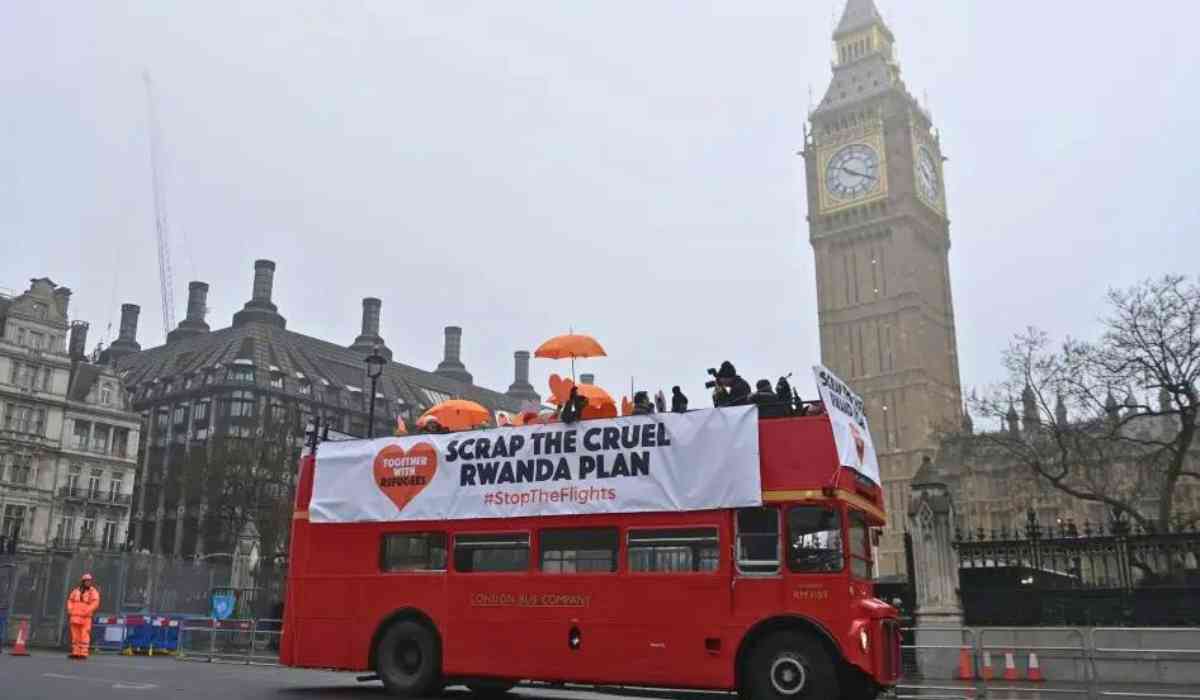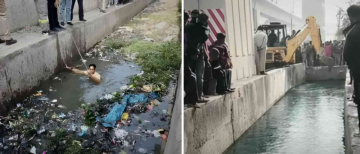Plans to send some UK refugees to Rwanda have sparked heated debate. Conflict arises over who is to blame and what is appropriate. Britain’s long history as an important actor on the global stage is at the root of everything. It is estimated that about 3.6% of the world’s population, or 281 million people, are expatriates, living in countries other than where they were born. This information comes from the United Nations. In recent decades, this number has steadily increased due to factors such as poverty, conflict, and climate change. By November 2022, there were 5,483 stateless people, 127,421 pending asylum cases, and 231,597 refugees in the UK, according to UNHCR figures.
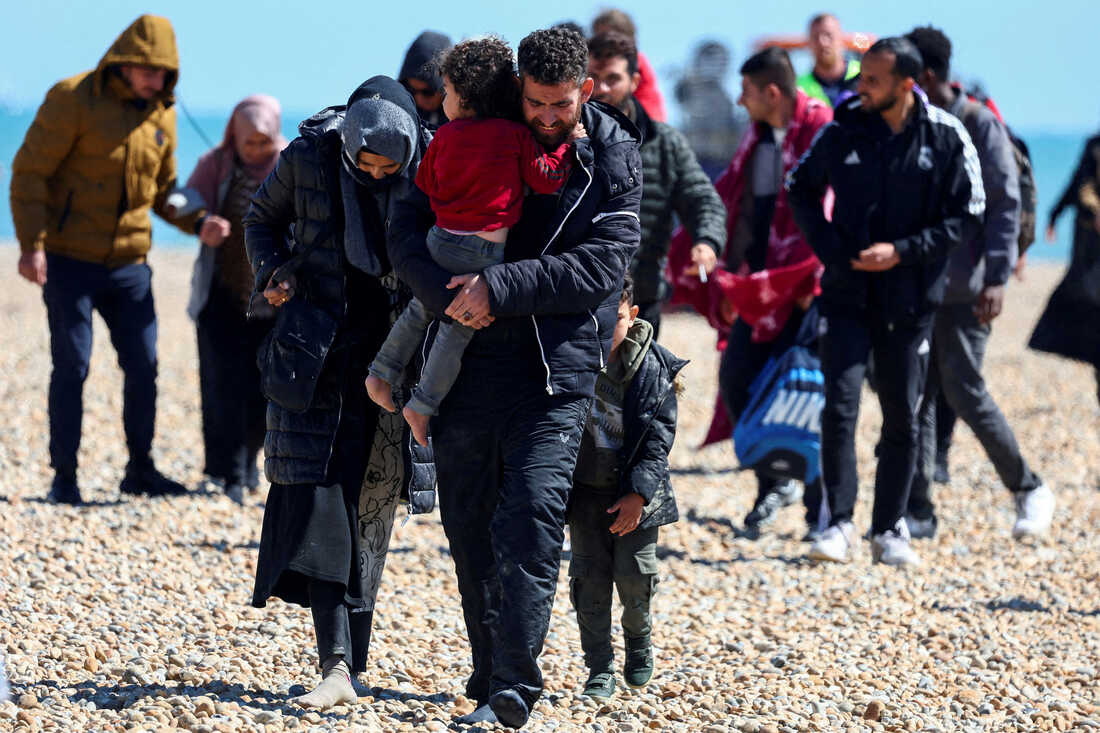
Refugees crossing english channel
Should Britain Help More, Given Its Colonial Past?
At its height in the 19th century, Britain's enormous colonial empire covered large portions of Africa, including Rwanda. These colonies were governed for many years with an emphasis on resource extraction and advancing British trade. Some contend that British rule modernised and developed infrastructure, but it also resulted in the exploitation of the native populace and the disruption of customs. Critics contend that because of this history, Britain has a moral obligation to assist those in need, regardless of their place of origin. Imagine being a guardian for someone, profiting from their labour and resources, and then forsaking them in a time of need. That's how some see the situation. In their view, the UK should step up and offer refuge, as it has for groups like Huguenot refugees fleeing religious persecution in France centuries ago.
A Complicated History: Britain and Rwanda
The relationship between Britain and Rwanda is a complex one, with both cooperation and controversy. Let's untangle some of the key threads:
- Colonial Echoes: During colonial times, Britain initially aimed to control all of German East Africa, including Rwanda. However, Rwanda ended up under Belgian rule. Britain did acquire a small part of northwest Rwanda, which was later absorbed by Uganda.
- Supporting the Rwandan Patriotic Front (RPF): In the early 1990s, the UK backed the RPF's fight to overthrow Rwanda's then-government. The RPF even received military training from British forces in Uganda.
- A Shadow Over Rwanda's Genocide: As a permanent member of the UN Security Council, Britain played a role in the decision to withdraw most UN peacekeepers from Rwanda in 1994, just as the horrific genocide began. Critics argue Britain could have done more to prevent the bloodshed.
- Post-Genocide Support: Despite concerns about human rights abuses by Rwanda, the UK has provided significant aid and military support since the genocide.
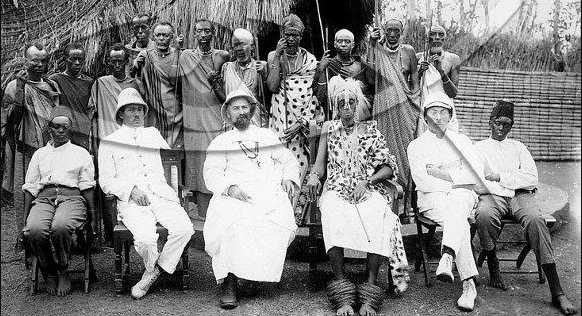
Rwanda under British colonialism (PC: PBS)
The Rwanda Asylum Plan: Deterrence or Dereliction of Duty?
The Rwanda plan is deemed essential by the UK government as a means of preventing hazardous travel. In tiny, crammed boats, a great number of asylum seekers risk their lives to cross the English Channel. The government claims that by dismantling human smuggling networks, the plan will deter these dangerous crossings. The theory is that asylum seekers will be less inclined to take the dangerous journey to Rwanda if they are aware that they could be sent there.
Not So Simple: Worries About Safety and Ethics
Strong disagreement exists among opponents. It is unethical to send refugees so far away, particularly to a nation like Rwanda that has a history of violating human rights and where there are reliable reports of extrajudicial killings, torture, arbitrary detention, and speech suppression. They are concerned for these vulnerable people's safety and wellbeing. Furthermore, they think that evading accountability and relocating refugees goes against Britain's historical position as a global "protector."
Furthermore, let us point to Rwanda's own history with refugees. While Rwanda currently hosts refugees from the Democratic Republic of the Congo (DRC), the relationship has been strained at times. Rwanda has been accused of forced repatriation of some Congolese refugees, and there have been concerns about the safety and security of others. Opponents of the UK plan argue that sending refugees to a country with this kind of track record is simply irresponsible.
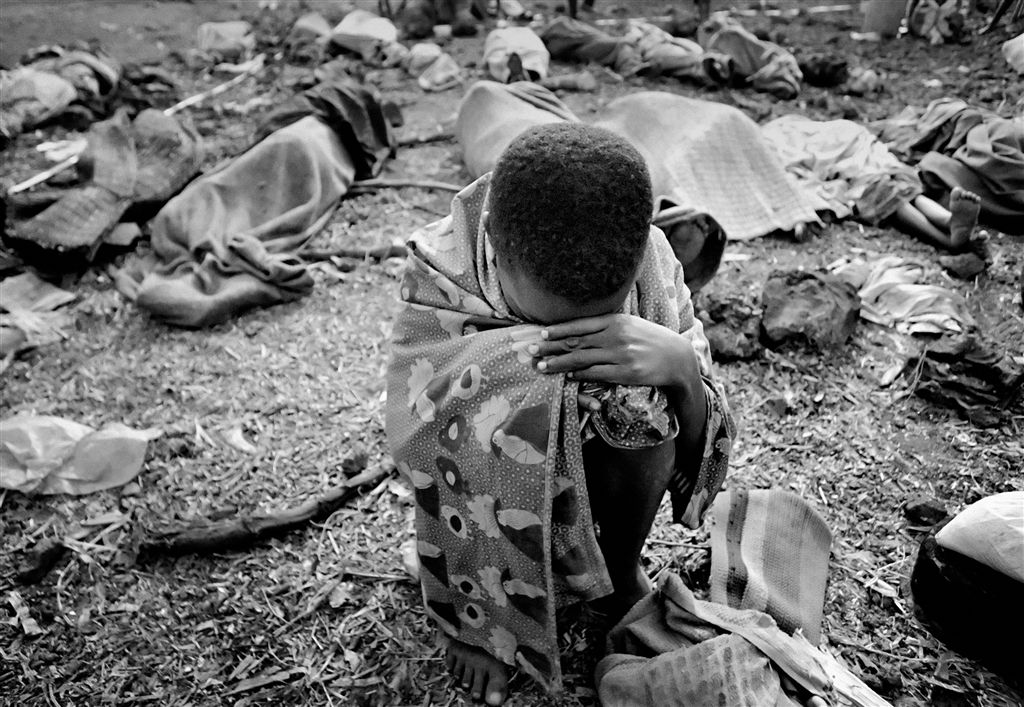
The Road Ahead: Legal Hurdles and Unanswered Questions
The Rwanda plan's future is still unknown. The UK Parliament approved the Safety of Rwanda (Asylum and Immigration) Bill in April 2024, which permits the deportation of asylum seekers to Rwanda. The plan was met with "strong opposition" from the UN High Commissioner for Refugees (UNHCR), who cited concerns regarding the safety of those seeking asylum in Rwanda. As stated by Gillian Triggs, Assistant High Commissioner for Protection at the UNHCR, "The transfer of refugees and asylum seekers to Rwanda is inconsistent with the letter and spirit of the Refugee Convention." Human rights organisations anticipate legal challenges as well, claiming that the plan breaches international law. The future of the Rwanda plan is further complicated by these legal and humanitarian issues.
Beyond the UK: A Global Conversation
This argument transcends the boundaries of Britain. It compels us to think about how former colonial powers fit into the modern world. Should these countries be more responsible for handling the world's refugee crises, despite their altered political environments? The case for a larger role extends beyond accountability for historical events. Strong political and economic ties exist between former colonial powers and their former colonies. Additionally, they might have a similar legal system and language, which can facilitate refugees' integration. Furthermore, others contend that these countries have a moral duty to assist in resolving the problems—such as poverty, conflict, and climate change—that cause people to flee their homes in the first place.
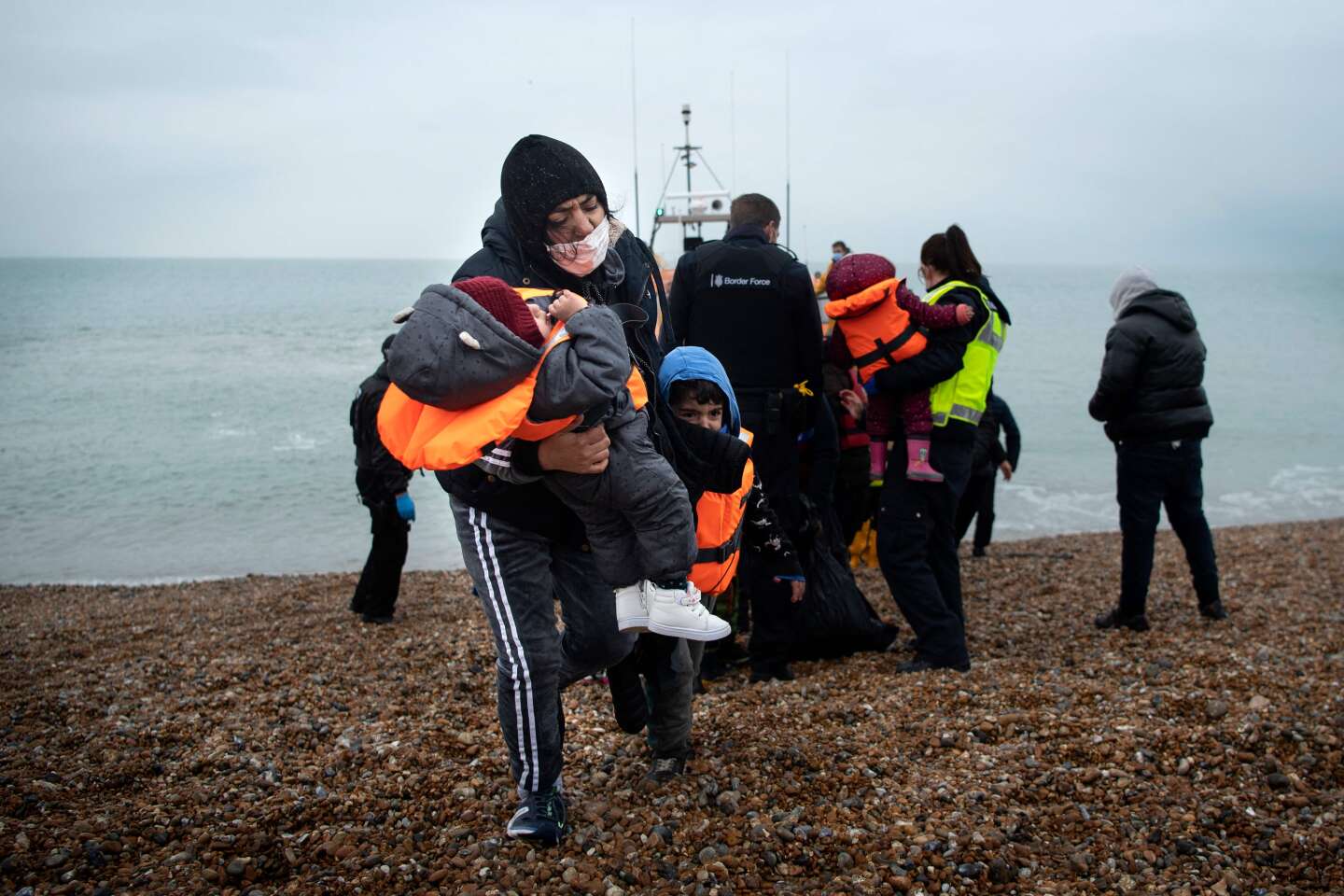
Refugees crossing english channel
The Human Cost: Uprooted and Uncertain
The Rwanda plan doesn't just raise legal and ethical questions; it also has a profound human cost. Imagine fleeing violence, persecution, or war in your home country. You undertake a perilous journey, risking your life to reach safety. Now, picture the uncertainty and fear of being told you might be sent thousands of miles further, to a country with an unfamiliar language and culture.
Many asylum seekers have already endured immense hardship. The prospect of being sent to Rwanda can add to their trauma and anxiety. They may worry about language barriers, access to healthcare, and their basic safety in a new environment. Reports of human rights abuses in Rwanda further heighten these anxieties.
The UK government argues that the plan will deter dangerous journeys. However, critics argue it could push people towards even more desperate measures. The human cost of this policy cannot be ignored.
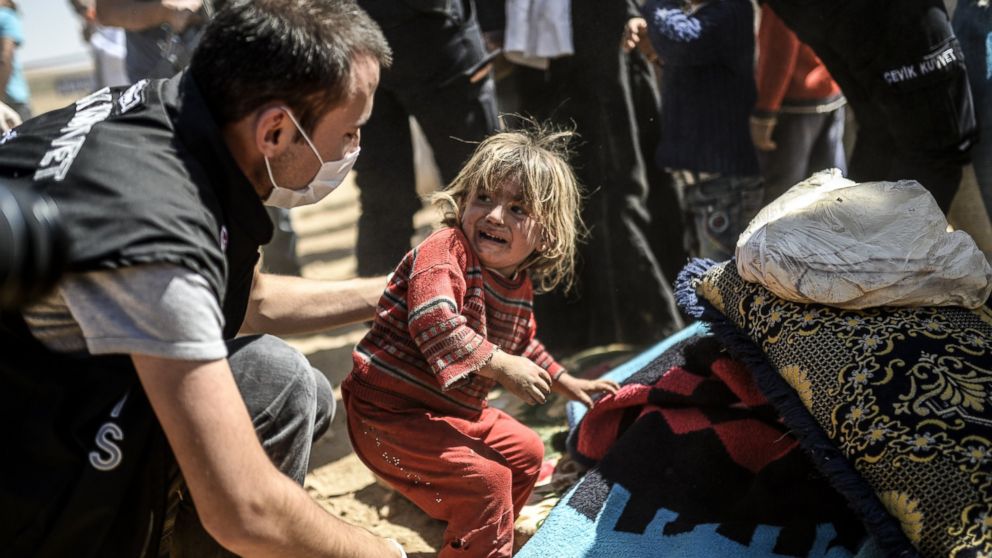
Difficult Choices: Other Considerations
The efficacy of the plan is also called into question. Opponents contend that it could encourage refugees to take even riskier routes, but supporters maintain that a potent deterrent is required. Another bone of contention is the effect on the economy. While some worry that integrating refugees will put a strain on social services, others think it can ultimately benefit the economy.
The UK's plan for Rwanda is only one part of a much bigger tale about migration, accountability, and colonialism's lasting effects in the modern world. Nations facing similar challenges around the world will be closely monitoring the outcome.
Media Inputs: multiple agencies
ⒸCopyright 2024. All Rights Reserved Powered by Vygr Media.

